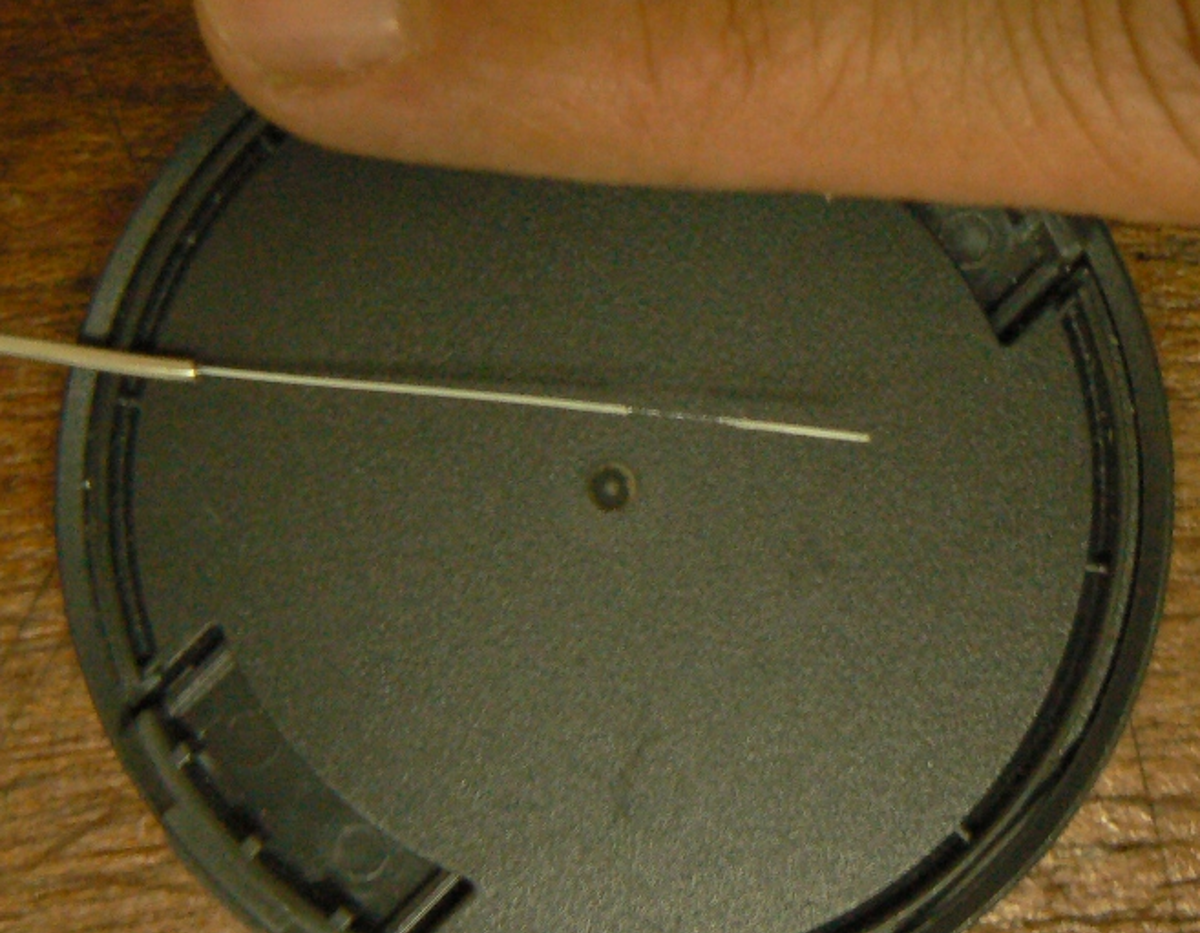ROV pilot injured by fibre optic glass
- Safety Flash
- Published on 25 February 2008
- Generated on 12 July 2025
- IMCA SF 03/08
- 1 minute read
Jump to:
An incident has been reported to IMCA in which an ROV pilot working on an umbilical tether was injured by a shard of fibre optic material.
What happened?
Work was being conducted in a workshop on the umbilical tether of an ROV. Measurements and repairs were being undertaken on the fibre optic cables inside the tether. The pilot leaned forward, close to the fibres, and one of the fibre-optic cable ends pierced his skin at the shoulder and broke off.
Approximately 12mm of glass fibre entered the skin of his left shoulder at an angle and was just under the surface of the skin.
The pilot was treated by a doctor and went ashore for further examination. Vessel operations were stood down and a ‘time-out for safety’ was undertaken.
Investigation revealed that there was a lack of awareness of the danger caused by sharp fibre-optic cable ends and consequent at-risk behaviour.

Fibre optic material that caused the injury
IMCA Safety Flashes summarise key safety matters and incidents, allowing lessons to be more easily learnt for the benefit of the entire offshore industry.
The effectiveness of the IMCA Safety Flash system depends on the industry sharing information and so avoiding repeat incidents. Incidents are classified according to IOGP's Life Saving Rules.
All information is anonymised or sanitised, as appropriate, and warnings for graphic content included where possible.
IMCA makes every effort to ensure both the accuracy and reliability of the information shared, but is not be liable for any guidance and/or recommendation and/or statement herein contained.
The information contained in this document does not fulfil or replace any individual's or Member's legal, regulatory or other duties or obligations in respect of their operations. Individuals and Members remain solely responsible for the safe, lawful and proper conduct of their operations.
Share your safety incidents with IMCA online. Sign-up to receive Safety Flashes straight to your email.